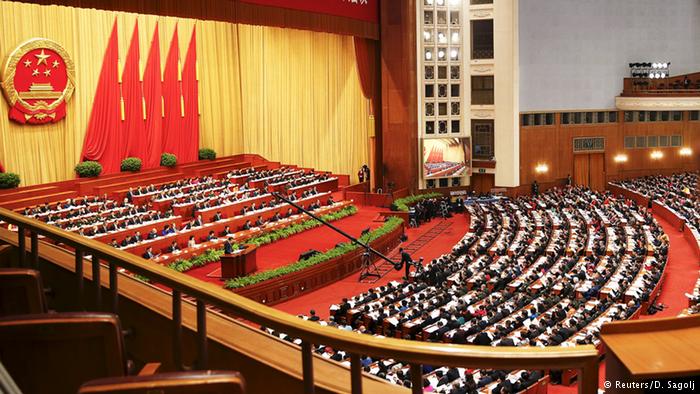China passes new law to scrutinize NGOs
By Lobsang Tenchoe
DHARAMSALA APRIL 29: China has passed a controversial law governing non-governmental organizations and charitable trusts, giving unchecked powers to the police.
Although the draft of the law was flooded with criticism when it was introduced last year, the law was passed by China’s legislation on Thursday and will be in effect from Jan 1, 2017 which will affect more than 7,000 NGOs operating in China.

The newly passed law forces all foreign NGOs to have an official Chinese sponsor or a host organization and gives the police unchecked powers; on mere suspicion of illegal activity, they can shut down the NGO events, inspect their offices and finances, and question their staff at any time.
It restricts the groups from raising funds in China and bars them from funding political activities. China suspects foreign-funded NGOs are serving as agencies for foreign intelligence services and encouraged the color revolution of the early 2000s in former Soviet states as well as Hong Kong’s 2014 pro-democracy “umbrella revolution”.
The law introduced amid growing crackdown on civil society in China not only monitors the nonprofit organizations but it also restricts their operation as well.
“The new law will have severe consequences for freedom of expression, peaceful assembly, and association, which are already sharply curtailed under existing laws and policies,” Amnesty International said.
However, Guo Linmao, an official with China’s legislature, told reporters at a press briefing that there’s no need to be concerned about the new law. Peter Dahlin, a Swedish NGO worker with the Chinese Urgent Action Working Group which trains and supports Chinese human rights lawyers, was accused of encouraging Chinese people to oppose their government and was detained by the Chinese police in January.
However, following his forced confession to the crime on China’s state television several weeks after his detention, he was expelled from the country.
To strengthen their case, Chinese officials said the law is aimed at “serving while managing” foreign NGOs. But the Swedish NGO worker incident suggests otherwise.





